
How do alcoholic drinks affect glucose levels?
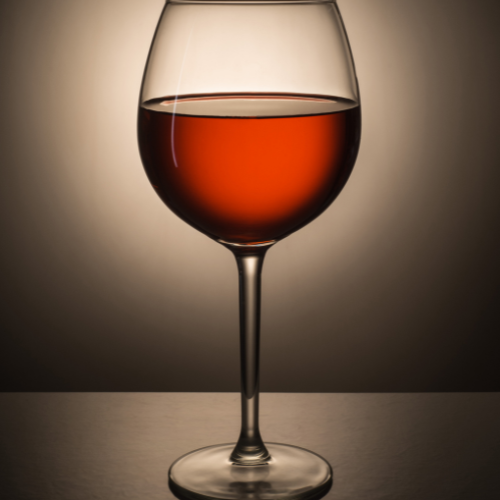
Alcohol
Alcohol is made from fermenting carbohydrate (sugars and starches) in different food products such as grapes (wine), apples (cider), barley (beer), and potato (vodka), for example. The alcohol itself can interfere with your liver’s ability to process glucose, especially overnight and increase your risk of hypoglycaemia (hypo) because less glucose is being released from the liver.
Raised glucose levels
The naturally present carbohydrates or added sugars in a drink will raise glucose levels while you are drinking. You may also be eating a meal, perhaps a restaurant or takeaway meal, or extra snacks like nuts/crisps at a bar, so you may notice an extra rise in your glucose levels.
Risk of hypo
There is an extra risk of hypo if you are also more active when you have been drinking, for example, you go dancing or have sex. We need to know both how much carbohydrate there is in our drinks and the alcohol content to understand the way our glucose levels are affected.
Click on or hover over these drinks to see how much CHO there is in each:
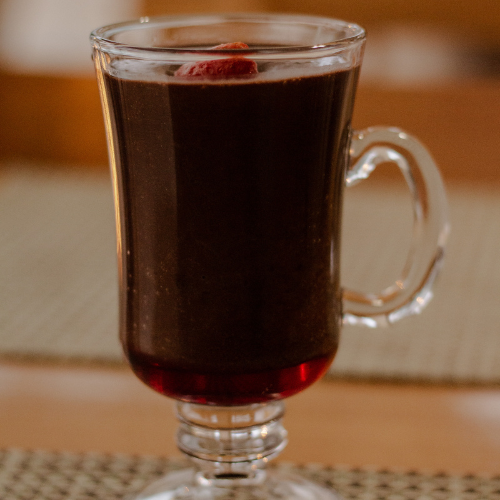
Mulled Wine
3O grams
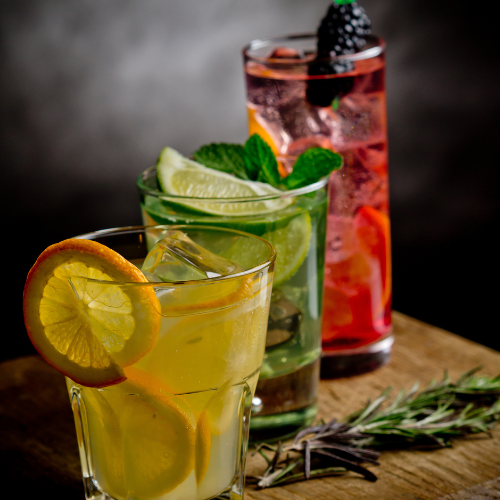
Cocktails
up to 40 grams
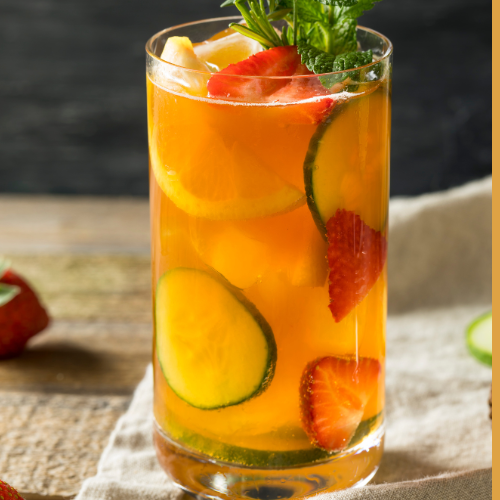
Pimms with Lemonade
25 grams
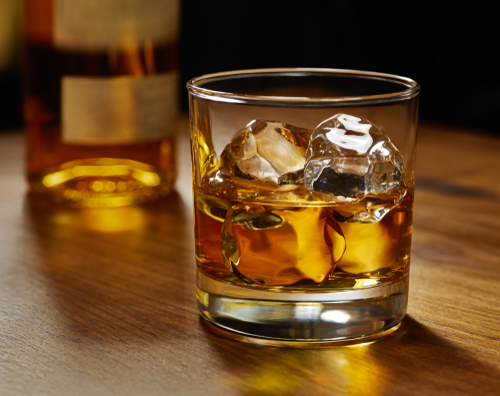
Whiskey
O grams

Red Wine
trace
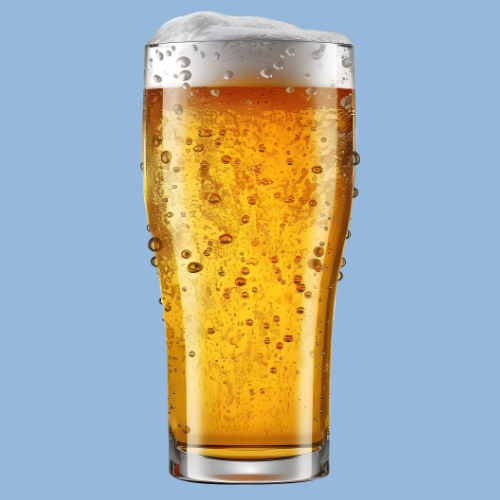
Beer
10 grams
Click on the item below for more information:
Some people find that they consistently get higher glucose readings after drinking. If this is a pattern for you, you may find giving an insulin dose can help to compensate for the carbohydrate content, but be cautious – give no more than half the amount you calculate according to your ratio and ask your local diabetes team for personal guidance.

Helpfull stuff
very helpful
Learnt a lot about wine as I don’t drink it
I’ve learned so much
Reassuring
very helpful
Interesting. Whisky is my drink, with occsionally beer.
Very interesting
I always have diet mixers but is useful
Being a type 1 diabetic who has been warned not to drink alcohol this is only of limited value to me but it is interesting that CHO alcohol drinks do not necessarily have similar results to CHO in food.